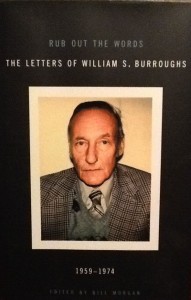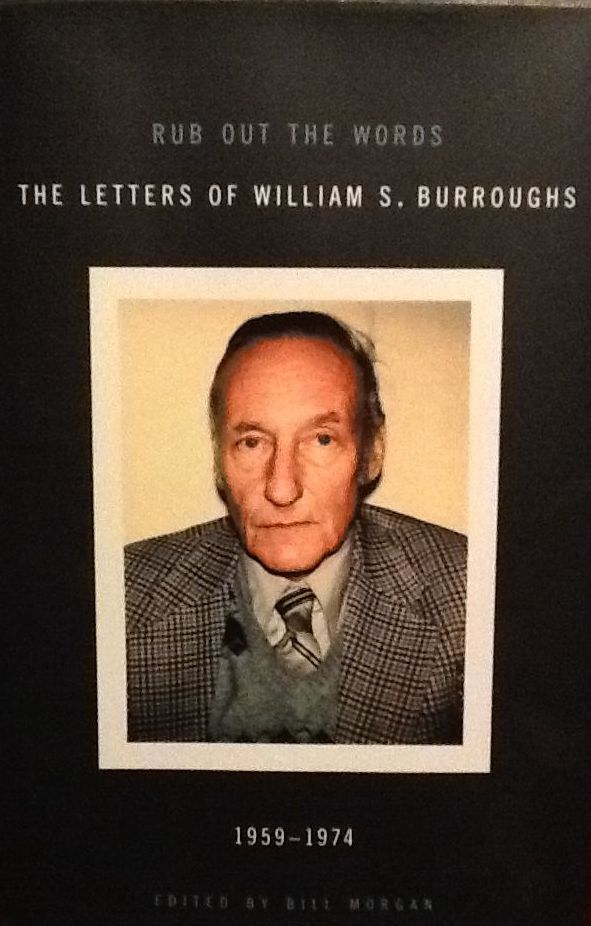 Rub Out the Words: The Letters of
Rub Out the Words: The Letters of
William Burroughs, 1959–1974
Edited by Bill Morgan
Ecco. 444 pages, $35.
LONG BEFORE Dancer from the Dance (1978) and A Boy’s Own Story (1982) ushered in a golden age of gay literature, there was an earlier wave of novels whose gay content was overshadowed by their experimental technique and graphic depictions of drug addiction, hustling, and violence in the American underworld.
First among them was Naked Lunch (1959), by William Burroughs (1914–1997), which begins with a “fruit” cruising a “junkie” in a New York subway and ends in an apocalyptic vision of debauchery and sadism. This novel—like John Rechy’s City of Night and Hubert Selby’s Last Exit to Brooklyn, which appeared a few years later—was published by Grove Press, condemned as obscene, and found baffling by mainstream reviewers. It is fair to say the legal battles fought over Naked Lunch made possible the publication of the more domesticated vision of gay life associated with Andrew Holleran and Edmund White and their successors.







